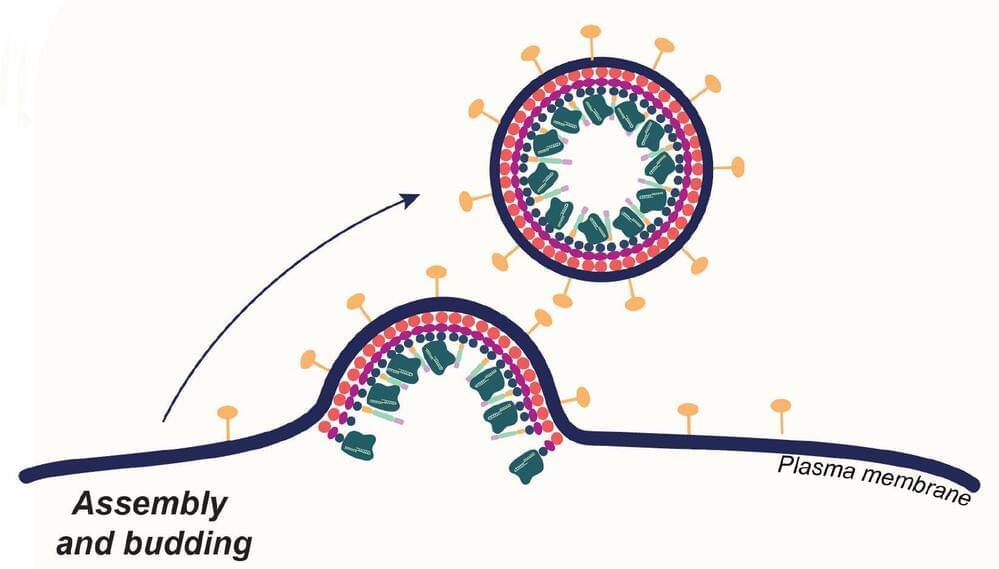Most approved gene therapies today, including those involving CRISPR-Cas9, work their magic on cells removed from the body, after which the edited cells are returned to the patient.
This technique is ideal for targeting blood cells and is currently the method employed in newly approved CRISPR gene therapies for blood diseases like sickle cell anemia, in which edited blood cells are reinfused in patients after their bone marrow has been destroyed by chemotherapy.
A new, precision-targeted delivery method for CRISPR-Cas9, published in the journal Nature Biotechnology, enables gene editing on very specific subsets of cells while still in the body—a step toward a programmable delivery method that would eliminate the need to obliterate patients’ bone marrow and immune system before giving them edited blood cells.










Comments are closed.